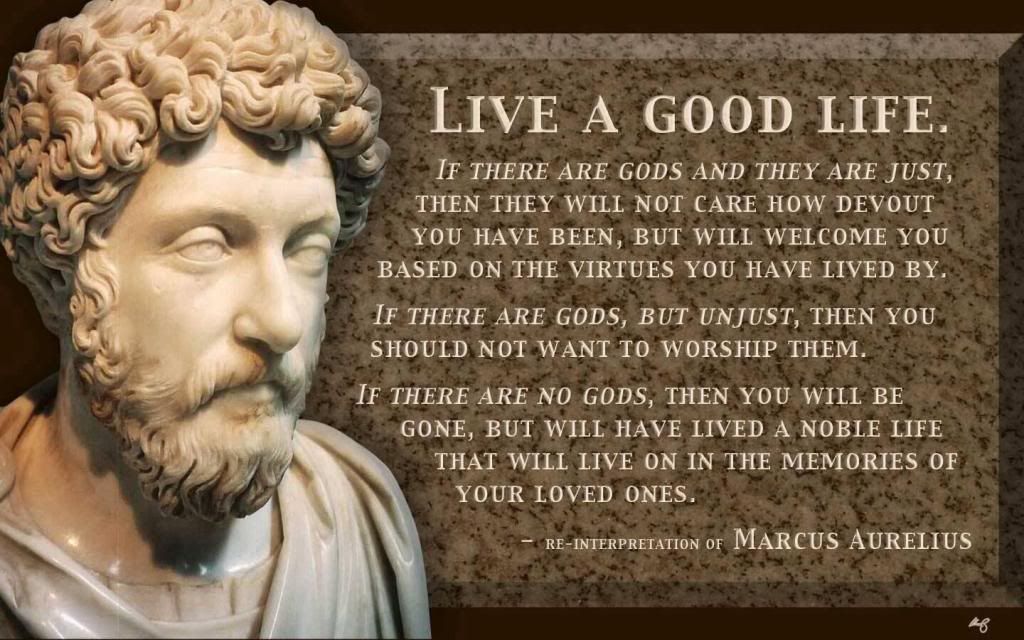
With the first part in this 'Fitness Through the Ages' series, it would be obvious that we begin from the beginning of human kind. Good ol' Caveman, with his primitive means of obtaining food, required indomitable levels of fitness. To get food, to gain sustenance, to provide for his family and community, Caveman would go hunt for days. His survival depended on it. How fit you were, determined how well you could obtain food to live another day. Caveman gains,in essence.
Life was far from sedentary
To stalk, to track, and then to have the stamina to kill, required a practiced level of accuracy, endurance, speed, and control in a state of fatigue. It was not just for the obtaining of food that early man needed to be fit. Caveman was largely nomadic, moving where food was plentiful. High endurance would have been essential to pick up and relocate, however far it was needed, to gain access to plentiful sources of fruits, vegetables, and wild game.
When being FAT was considered being FIT
Its from this high need for energy to go look for food that having a fat storing capability was developed. When food was hard to find, you could still get energy from fat that would be carried with you. It'd keep you warm in the winter when food would be harder to find, allowing you to be 'fit', to survive in the conditions you were exposed to.

